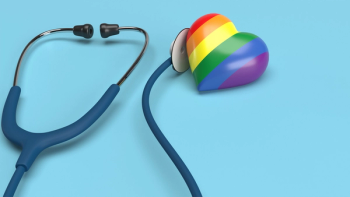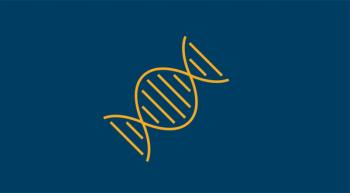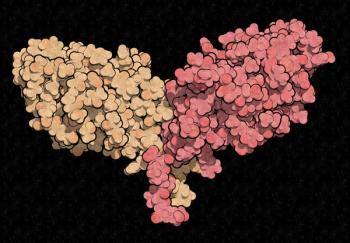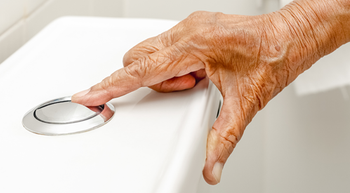
Stephanie Russell, DNP, AGNP-C, highlights the importance of gender-neutral language in the oncology environment.

Stephanie Russell, DNP, AGNP-C, highlights the importance of gender-neutral language in the oncology environment.

Lindsey Zinck, PhD, RN, OCN, NEA-BC, and Melania Zisa, RN, BSN, OCN, discuss why it may be time to make the bell ringing ceremony a more inclusive celebration in cancer care.

Maura Price, MSN, RN, AOCNS, discusses common infusion-related reactions and the principles of desensitization.

Linda Laskowski-Jones, MS, APRN, ACNS-BC, CEN, NEA-BC, FAAN, discusses how oncology nurse leaders can help improve working environments for their staff.

Anne Delengowski, RN, MSN, AOCN, CCCTM, discusses the evolving role of the oncology nurse in clinical trial research.

Karen Hande, PhD, DNP, ANP-BC, CNE, FAANP, ANEF, discusses increased patient interest in cannabinoids and how oncology nurses can steer pain management conversations to keep patients informed.

In this episode of "The Vitals," Milagros Elia, MA, APRN, ANP-BC, highlights how oncology nurses play a role in ongoing conversations regarding the intersection of climate change and public health.

Mary Anderson, BSN, RN, OCN; and Christina Bach, MBE, MSW, LCSW, OSW-C, FAOSW, discuss approaches to help patients navigate financial toxicity and insurance coverage in the age of oral anticancer drugs.

Milagros Elia, MA, APRN, ANP-BC, discusses ways that nurses can advocate for their patients and help them manage health-related symptoms in the context of changing local environments.

In a presentation at the 2022 Oncology Nursing Society Bridge, Stephany L. Rodriguez, RN, MS, NP, discussed the later effects associated with hematopoietic stem cell transplant and how to manage them.

Kristin Daly, MSN, ANP-BC, AOCNP, discusses the clinical significance of tumor variants and how they are changing the direction of cancer care.

Karen Hande, PhD(c), DNP, ANP-BC, CNE, FAANP, ANEF, explains the difference between some of the popular cannabinoid products that patients with cancer may be taking.

A speaker at the Oncology Nursing Society Bridge Program discussed how nurses can build their own resilience and proactively protect their mental well-being.

An expert on immune toxicity management discusses dermatologic, gastrointestinal, hepatic, and endocrine irAEs and how nurses can help educate their patients to monitor these symptoms.

An expert on pain management discusses safe and effective opioid prescriptions to manage cancer-related pain.

Oncology nurses are key players in promoting health heart practices after a patient finishes cancer treatment.

A professional social media presence can be beneficial for oncology nurses and their followers, but there are a few guidelines that nurses should keep in mind.

Repeated education and other protocols can decrease the spread of this deadly infection.

Women who were prescribed non-opioid pain management after their gynecologic cancer procedure tended to have quick recoveries.

Pain management is both an art and a science, according to Jeannine Brant, PhD, APRN, AOCN, FAAN

What can nurses do when they feel powerless to make a morally just decision at work?

Nurses should discuss fertility preservation with all eligible patients and provide them with up-to-date information to make their decision.

Chemotherapy agents are excreted through urine and feces, and a recent study found that both patient and staff bathrooms were contaminated.

While EMRs have improved clinician workflow in recent years, they are not perfect. Paper charts may still have a place in cancer clinical research.